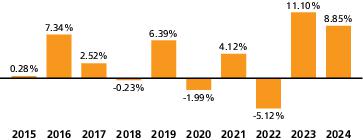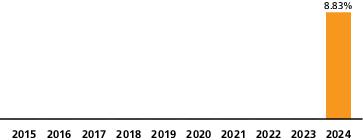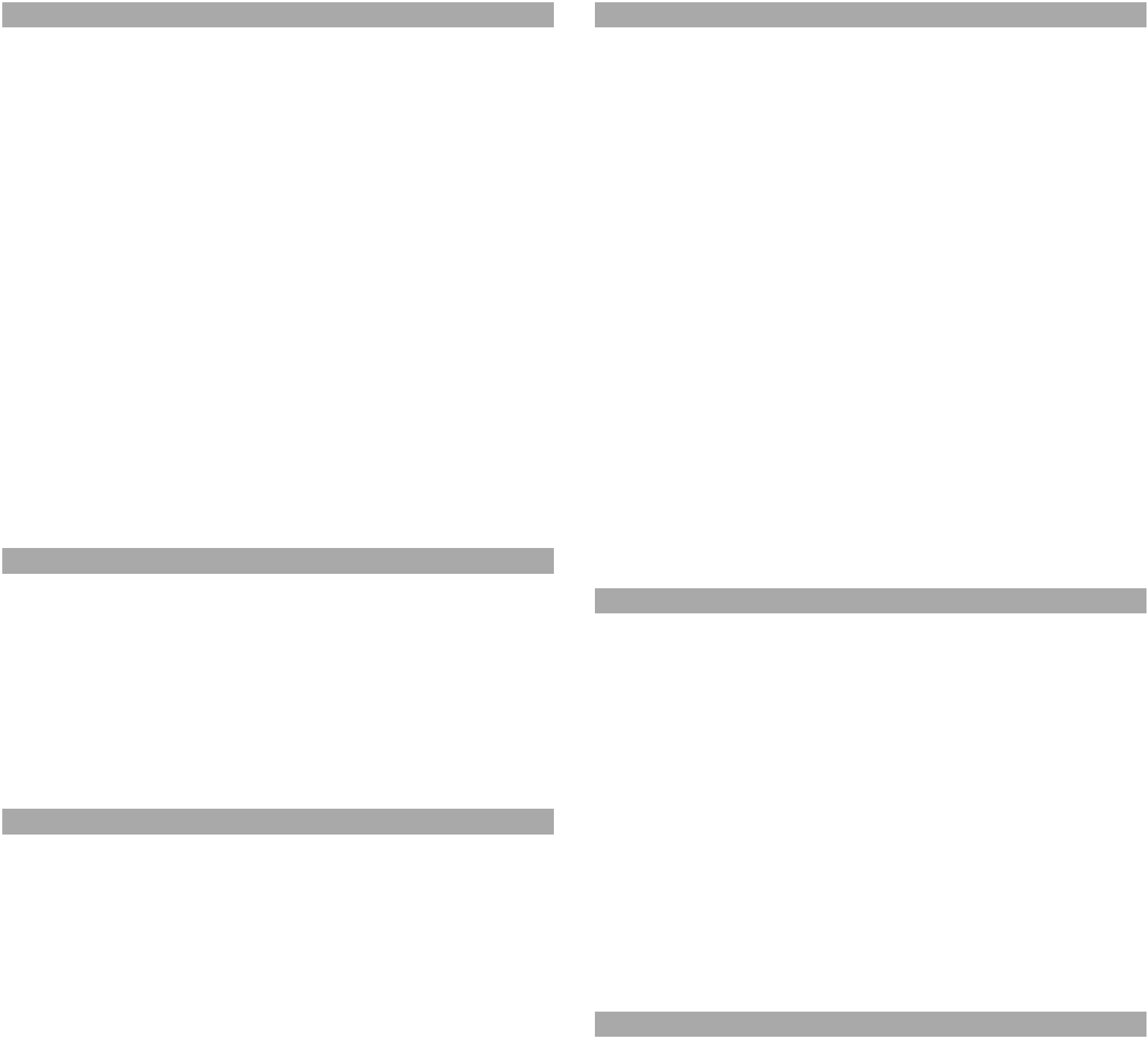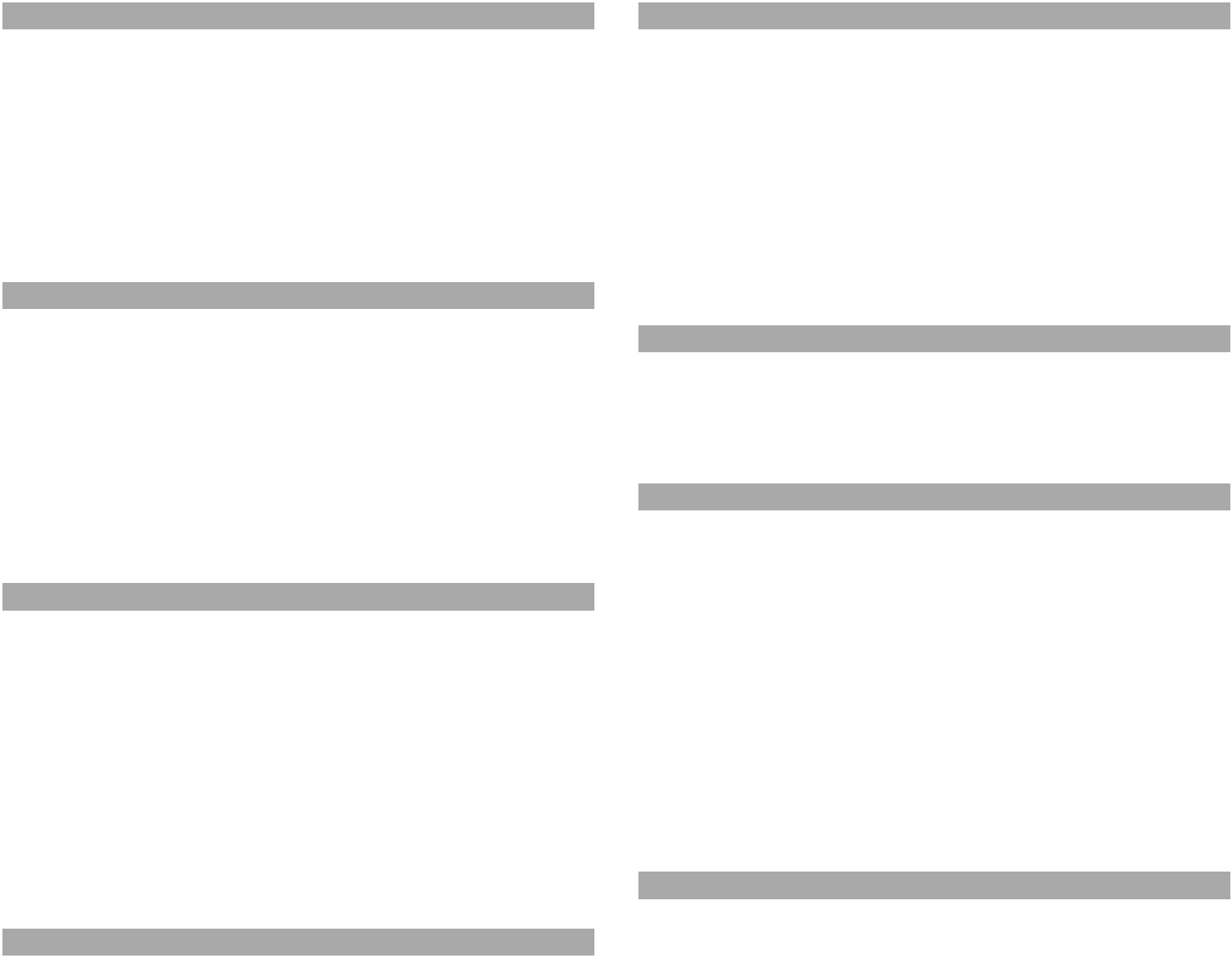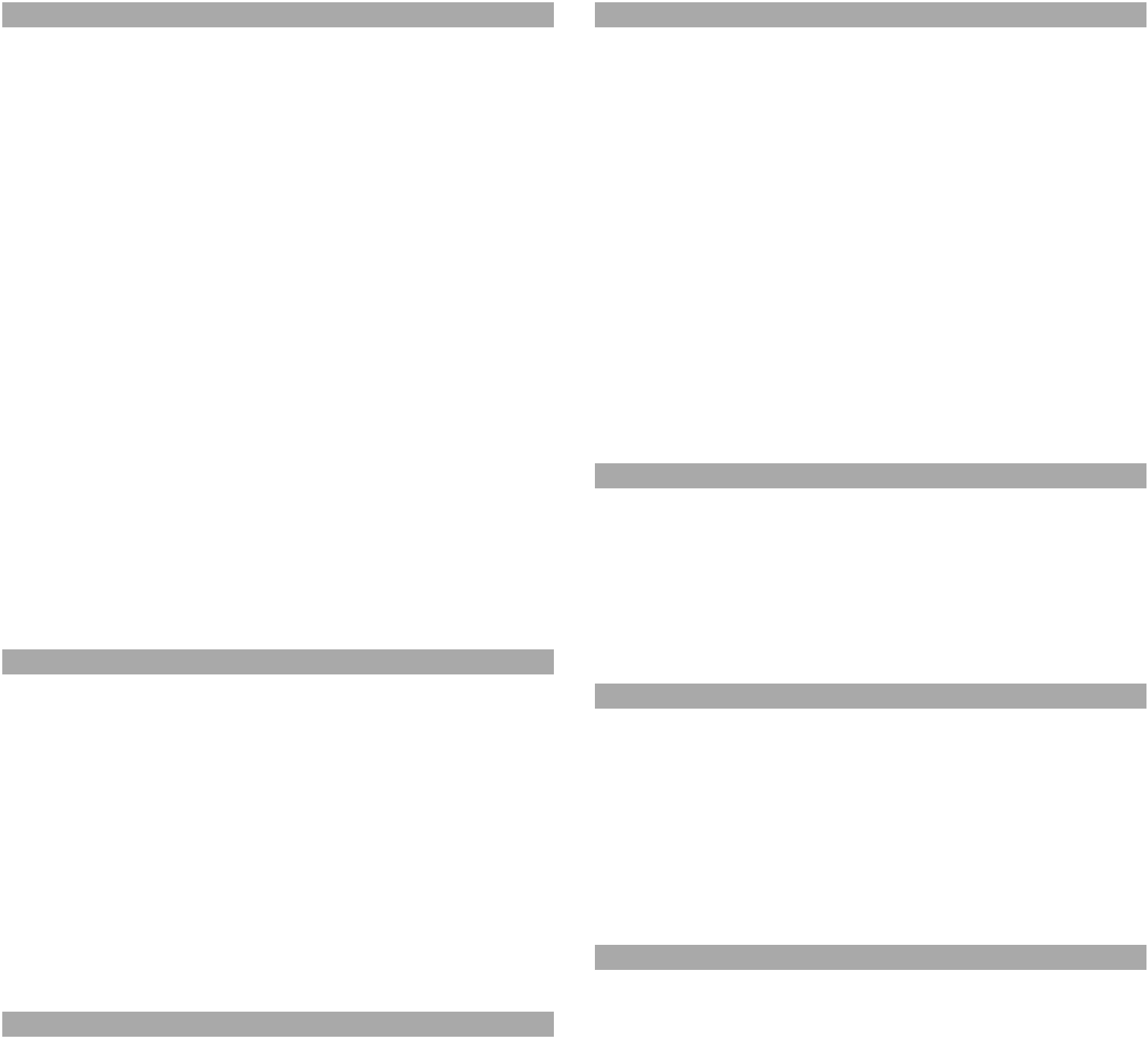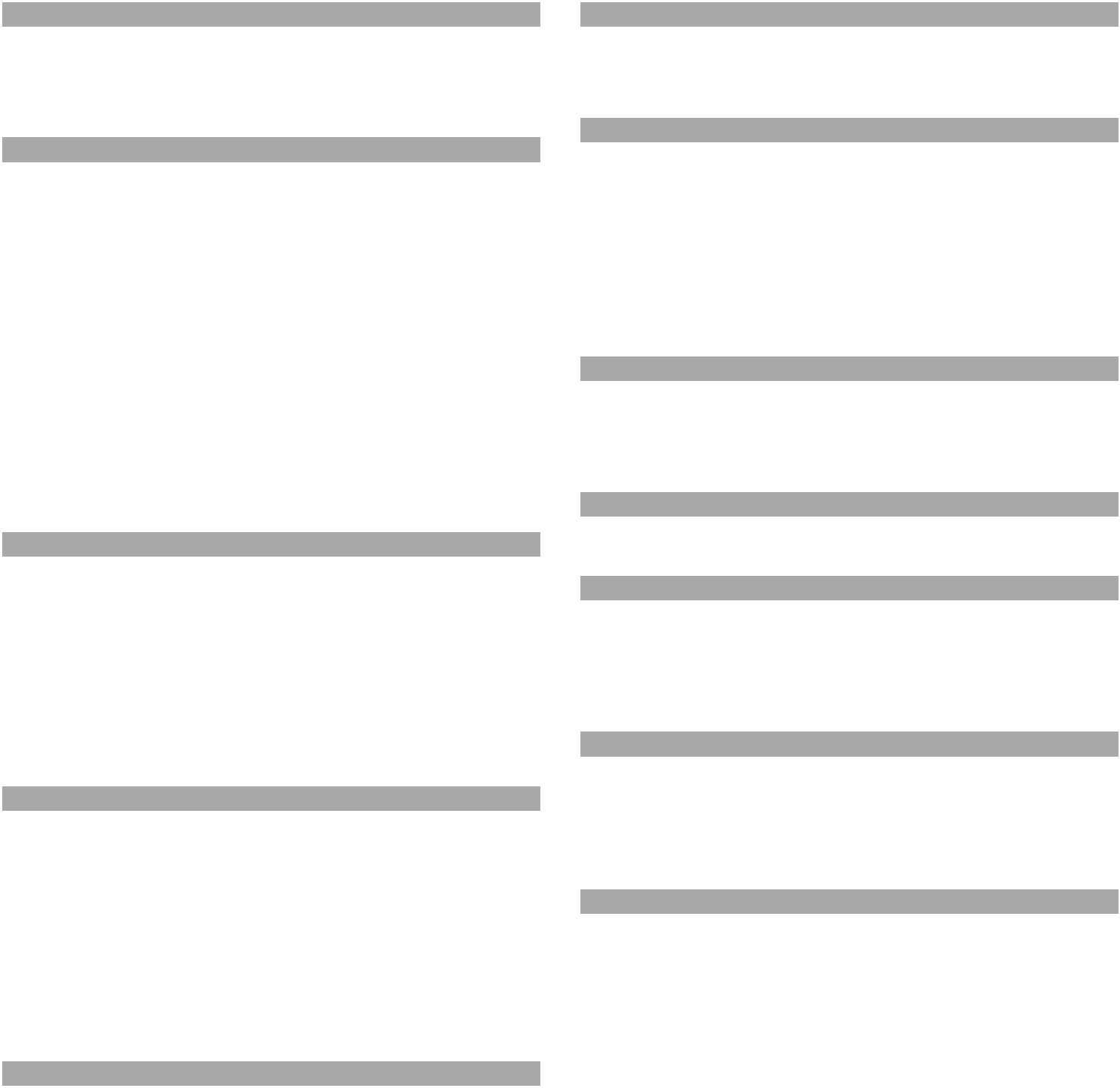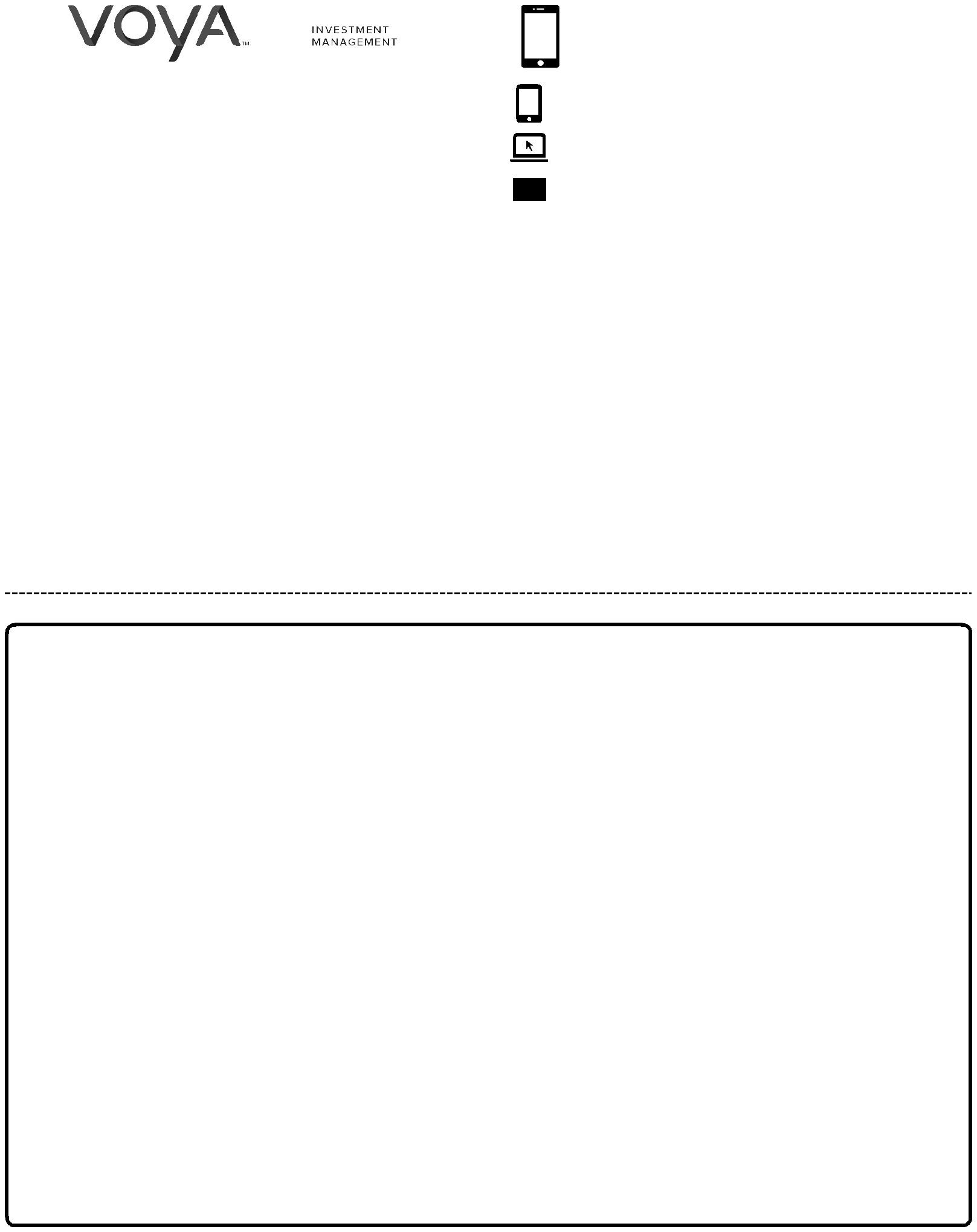The Fund normally invests substantially in floating rate
loans. The floating rate loans in which the Fund invests
are generally rated below investment grade and either
hold the most senior position in the capital structure of
the borrower, hold an equal ranking with other senior
debt, or have characteristics (such as a senior position
secured by liens on a borrower’s assets) that the
sub-adviser (the “Sub-Adviser”) believes justify treatment
as senior debt. Below investment grade debt instruments
are high-yield bonds commonly known as “junk bonds.”
The Fund may invest in floating rate loans of companies
whose financial condition is troubled or uncertain and
that may be involved in bankruptcy proceedings,
reorganizations, or financial restructurings. Structured
notes include, but are not limited to, collateralized loan
obligations (“CLOs”).
Although the Fund has no restrictions on investment
maturity, normally the floating rate loans will have remaining
maturities of ten years or less.
The Fund may invest in derivative instruments, including,
but not limited to, the following: credit default swaps,
interest rate swaps, futures, and forward contracts in
order to seek to enhance returns or to attempt to hedge
some of its investment risk.
The Fund may invest up to 20% of its assets, measured
at the time of purchase, in a combination of one or more
of the following types of investments: high-yield bonds,
senior or subordinated fixed rate debt instruments, including
notes and bonds, whether secured and unsecured; equity
securities: (i) as an incident to the purchase or ownership
of Floating Rate Debt or fixed rate debt instruments; (ii)
in connection with a restructuring of a borrower or issuer
or its debt; or (iii) if the Fund already owns Floating Rate
Debt or a fixed rate debt instrument of the issuer of such
equity; short-term debt obligations, repurchase agreements,
cash and cash equivalents that do not otherwise qualify
as Floating Rate Debt; and other investment companies,
including exchange-traded funds (“ETFs”), to the extent
permitted under the Investment Company Act of 1940,
as amended, and the rules and regulations thereunder,
and under the terms of applicable no-action relief or
exemptive orders granted thereunder. The other investment
companies in which the Fund invests may or may not
be affiliated with the Investment Adviser. High-yield bonds
are debt instruments that, at the time of purchase, are
not rated by a nationally recognized statistical rating
organization (“NRSRO”) or are rated below investment
grade (for example, rated below BBB- by S&P Global Ratings
or Baa3 by Moody’s Investors Service, Inc.) or have an
equivalent rating by a NRSRO.
Most of the Fund’s investments will be denominated in
U.S. dollars, although the Fund may invest in securities
of foreign (non-U.S.) companies, foreign (non-U.S.) dollar
denominated loans and securities (e.g., denominated
in Euros, British pounds, Swiss francs or Canadian dollars),
foreign (non-U.S.) sovereign debt instruments, and
Eurodollar bonds and obligations. The Fund may invest
a portion of its assets in obligations of issuers in, or
denominated in currencies of, emerging market countries.
In evaluating investments for the Fund, the Sub-Adviser
takes into account a wide variety of factors and
considerations to determine whether any or all of those
factors or considerations might have a material effect





